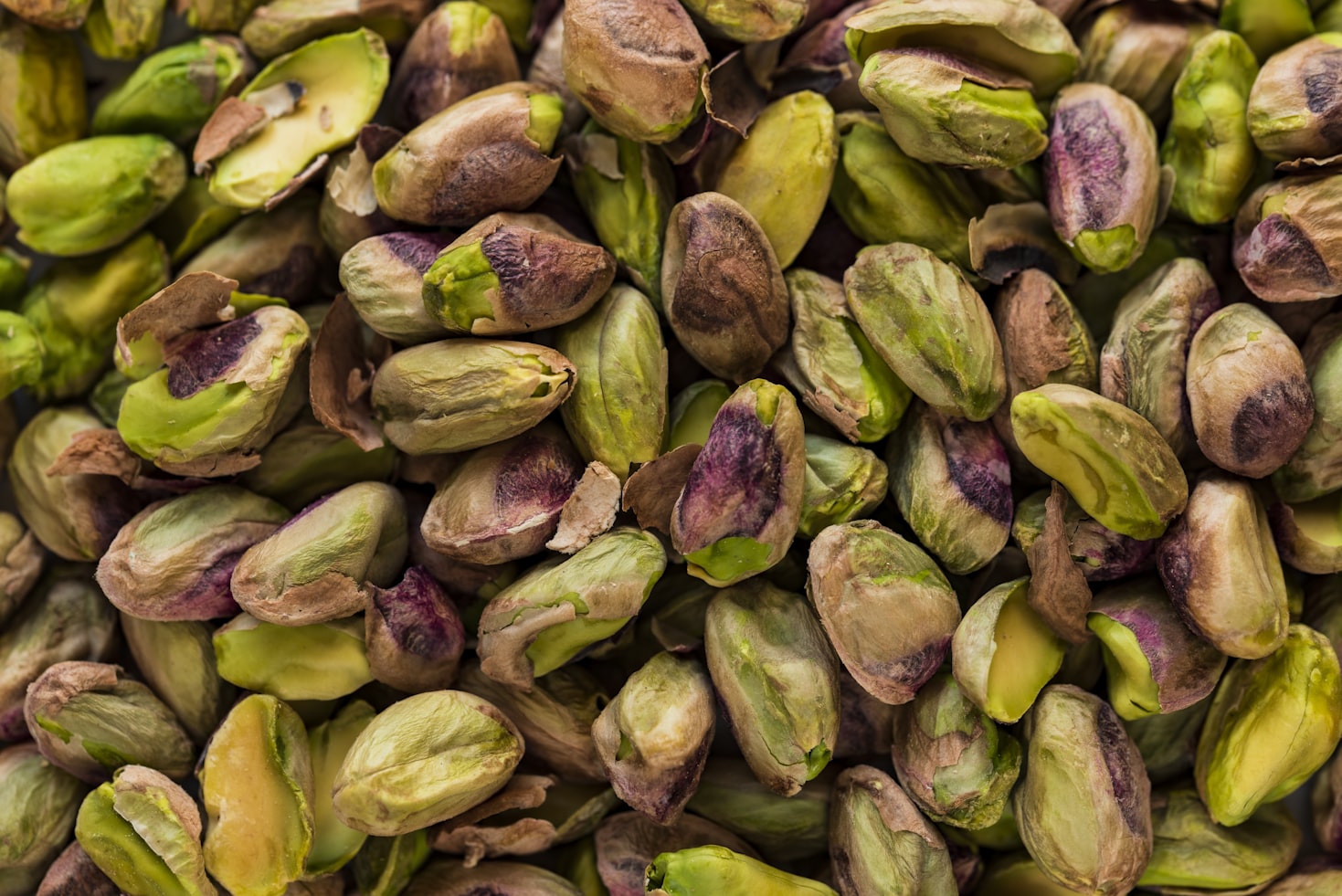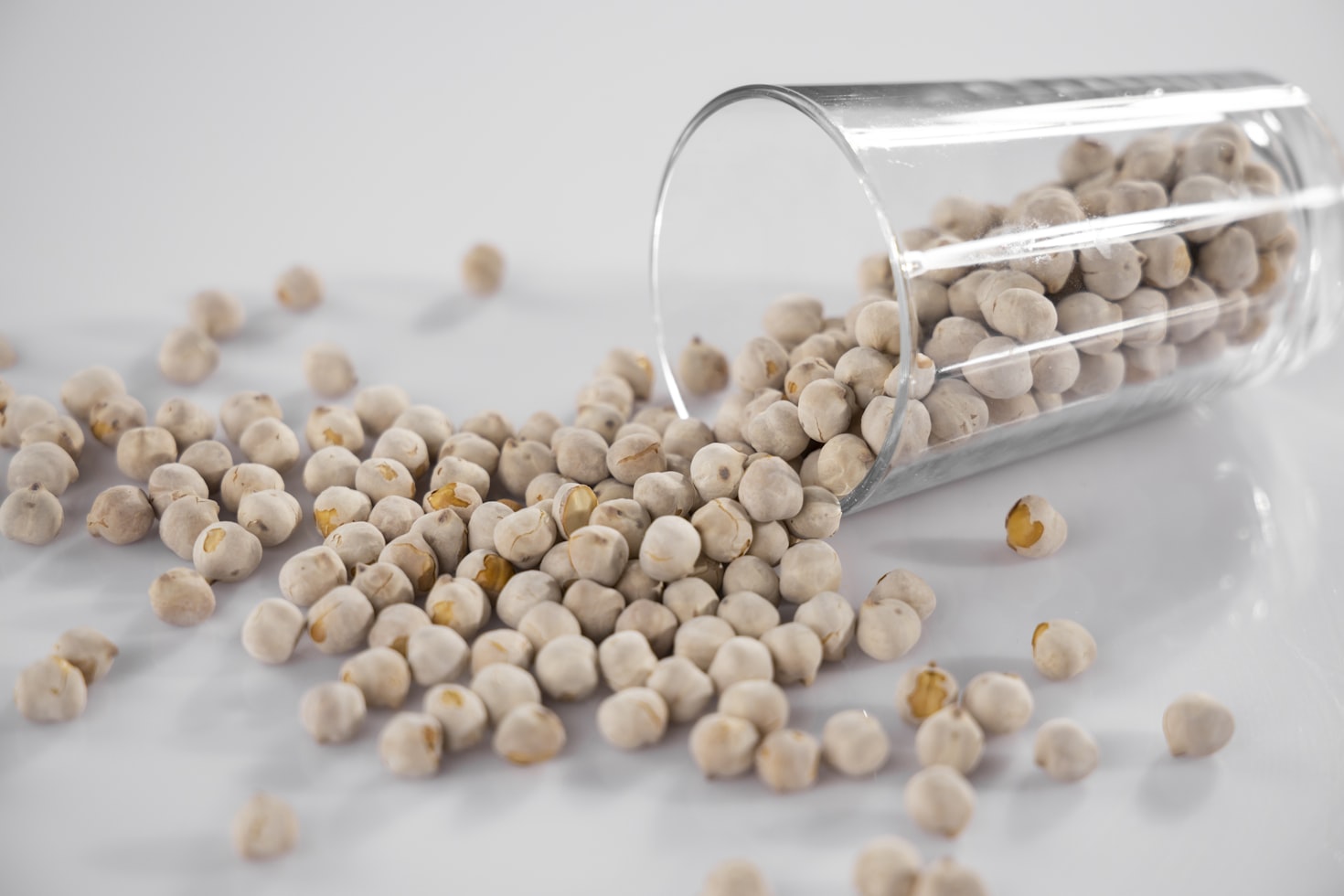Is Sauerkraut Keto Friendly?
Sauerkraut, a traditional fermented cabbage dish, has gained popularity in recent years due to its potential health benefits. However, if you follow a ketogenic diet, you may be wondering if sauerkraut is compatible with your eating plan. In this article, we will explore the nutritional profile of sauerkraut, its impact on ketosis, and provide valuable insights to help you make an informed decision.
The Nutritional Profile of Sauerkraut
Sauerkraut is primarily made from cabbage, which is low in carbohydrates and calories. It is also a good source of vitamins C and K, as well as fiber. However, the fermentation process involved in making sauerkraut can affect its nutritional composition.
During fermentation, the natural sugars in cabbage are converted into organic acids, such as lactic acid. This process not only enhances the flavor and texture of sauerkraut but also increases its shelf life. As a result, the carbohydrate content of sauerkraut decreases, making it a potentially suitable option for those following a keto diet.
Sauerkraut and Ketosis
Ketosis is a metabolic state in which your body primarily relies on fat for fuel instead of carbohydrates. To achieve and maintain ketosis, it is crucial to limit your carbohydrate intake to a certain threshold, typically around 20-50 grams per day.
When it comes to sauerkraut, the carbohydrate content can vary depending on the brand and preparation method. On average, sauerkraut contains approximately 3-4 grams of carbohydrates per 100 grams. This makes it relatively low in carbs and potentially compatible with a keto diet, as long as you consume it in moderation.
It is important to note that individual carbohydrate tolerance may vary. Some individuals may be able to consume sauerkraut without affecting their ketosis, while others may need to be more cautious. Monitoring your ketone levels and adjusting your intake accordingly can help you determine your personal tolerance.
The Benefits of Sauerkraut on a Keto Diet
In addition to its low carbohydrate content, sauerkraut offers several potential benefits that make it a valuable addition to a keto diet:
- Probiotics: Sauerkraut is a natural source of probiotics, which are beneficial bacteria that support gut health. Maintaining a healthy gut microbiome is essential for overall well-being and can contribute to improved digestion and immune function.
- Vitamins and Minerals: Sauerkraut is rich in vitamins C and K, both of which play important roles in maintaining a healthy immune system and promoting bone health.
- Fiber: The fermentation process increases the fiber content of sauerkraut, which can aid in digestion and promote feelings of fullness.
- Antioxidants: Sauerkraut contains antioxidants that help protect against oxidative stress and inflammation in the body.
FAQs
1. Can sauerkraut kick you out of ketosis?
Sauerkraut is relatively low in carbohydrates and can be consumed in moderation without significantly impacting ketosis. However, individual carbohydrate tolerance may vary, so it is important to monitor your ketone levels and adjust your intake accordingly.
2. How much sauerkraut can I eat on a keto diet?
The amount of sauerkraut you can eat on a keto diet depends on your individual carbohydrate tolerance. As a general guideline, aim for no more than 1-2 servings (approximately 100-200 grams) per day to stay within your carbohydrate limit.
3. Is store-bought sauerkraut keto friendly?
Store-bought sauerkraut can vary in its carbohydrate content, so it is important to check the nutrition label. Look for sauerkraut with minimal added sugars or other high-carb ingredients to ensure it aligns with your keto diet.
4. Can sauerkraut help with digestion on a keto diet?
Yes, sauerkraut can support digestion on a keto diet. The probiotics and fiber in sauerkraut promote a healthy gut microbiome and aid in digestion.
5. Can sauerkraut be included in a keto meal plan?
Absolutely! Sauerkraut can be a flavorful addition to a keto meal plan. It pairs well with various dishes, such as sausages, salads, and even keto-friendly sandwiches wrapped in lettuce leaves.
6. Are there any potential side effects of consuming sauerkraut on a keto diet?
While sauerkraut is generally safe to consume, some individuals may experience digestive discomfort, such as bloating or gas, due to its high fiber content. If you are new to sauerkraut or have a sensitive digestive system, it is best to start with small amounts and gradually increase your intake.
Summary
Sauerkraut can be a keto-friendly food option due to its low carbohydrate content and potential health benefits. It is rich in vitamins, minerals, probiotics, and fiber, making it a valuable addition to a ketogenic diet. However, individual carbohydrate tolerance may vary, so it is important to monitor your ketone levels and adjust your intake accordingly. Incorporating sauerkraut into your keto meal plan can provide variety and enhance the nutritional value of your diet. Remember to choose sauerkraut with minimal added sugars and enjoy it in moderation to maintain ketosis and optimize your health.





